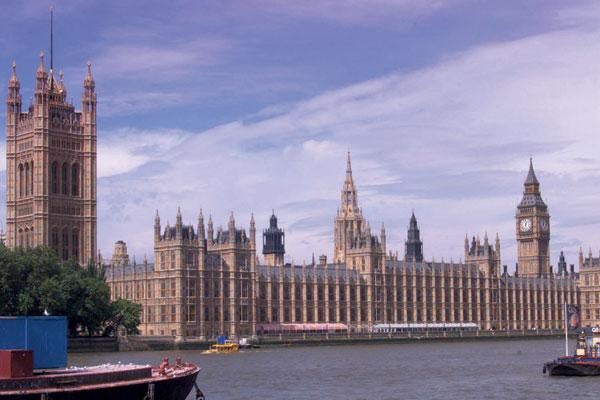
Public funding should be made available to broadcasters other than the BBC to provide public service content, according to a parliamentary select committee.
The Culture, Media and Sport Committee said it believed the government and Ofcom should undertake an analysis of the amount of public service content they view to be necessary in the digital age and to assess if and where there might be a shortfall.
The Committee indicated it believed public funds should come from the licence fee or from general taxation but that the ‘overall cost to the public’should not increase.
Alan Keen, the MP for Feltham and Heston, the only MP who voted against the findings, said they could lead to the break up of the BBC. ‘I have never voted against a committee but on this occasion it is fundamental that if the BBC licence fee was sliced up and shared among other broadcasters, it would be the beginning of the end for the BBC.”
Keen said that other broadcasters should have ‘a free hand to drop public service broadcasting’if they so desired.
Paul Farrelly, MP for Newcastle-Under-Lyme for said the report did not advocate breaking the link between the BBC and the licence fee. But he added that there was a possibility in the future that ‘elements’of the licence fee would be made available to other broadcasters for public service broadcasting.
John Whittingdale, MP for Maldon and East Chelmsford, said the contestable public funding idea would necessitate the setting up of a public service authority. He said he did not expect that broadcasters would pitch for funding on a programme-by-programme basis.
The committee also recommended a more tightly drawn remit for Channel 4, if it were to qualify for public service funding. The committee’s report said that Channel 4’s remit ‘should be more tightly tied to the provision of content that the market would be unlikely to provide”.
The committee highlighted two areas, children’s and regional programming, where there was a danger of the BBC becoming the sole provider, without market intervention.
The committee’s findings come ahead of the broadcasting regulator, Ofcom’s, second review of public service television broadcasting.
Ofcom is required to report on the extent to which the public service broadcasters have fulfilled the purposes of public service TV broadcasting, and to make recommendations with a view to maintaining and strengthening the quality of PSB in the future. The consultation period for this ended on September 30.
Ofcom said in its first review of public service broadcasting two years ago that the current “commercial PSB [public service broadcasting] model would not be sustainable following digital switchover”.
Email pged@pressgazette.co.uk to point out mistakes, provide story tips or send in a letter for publication on our "Letters Page" blog

